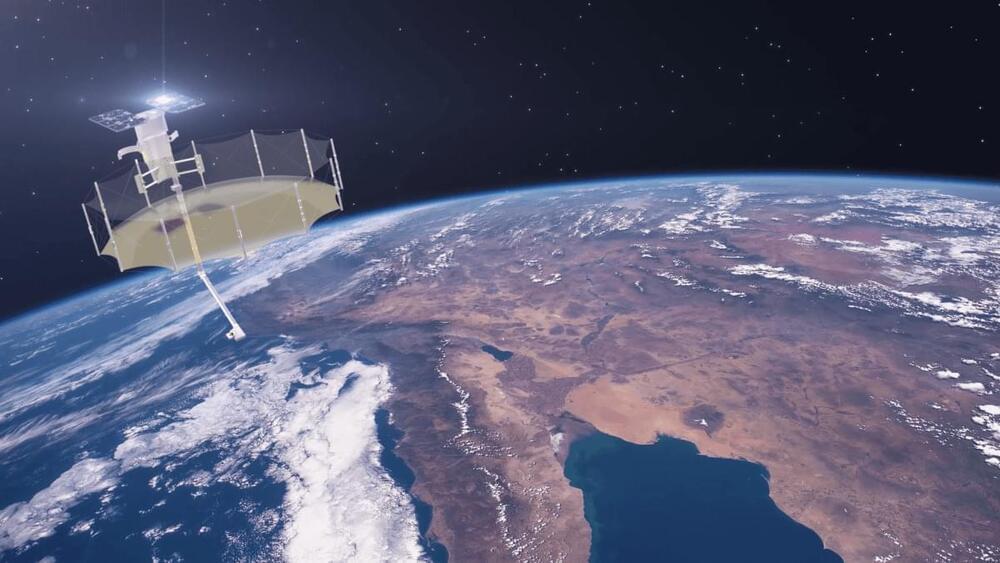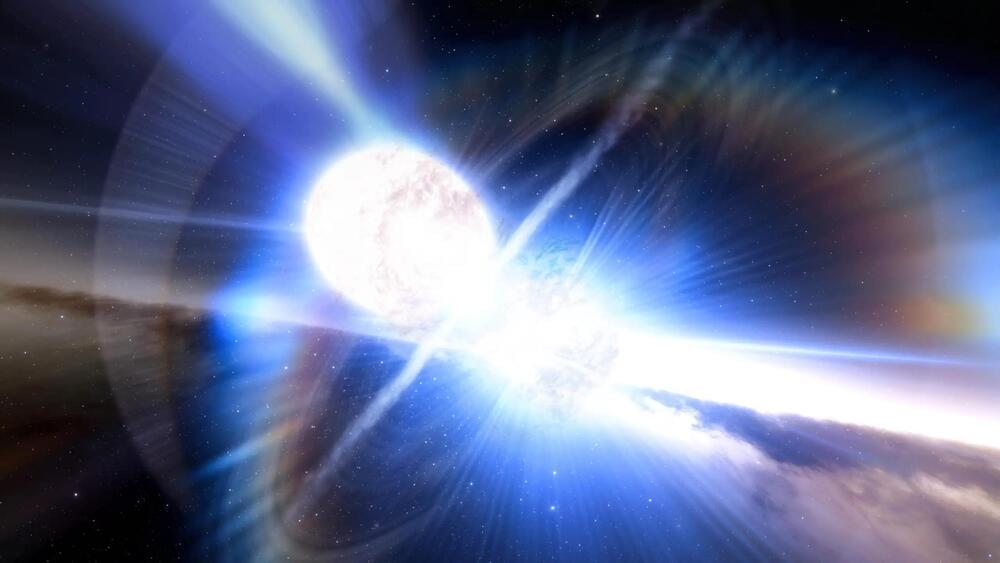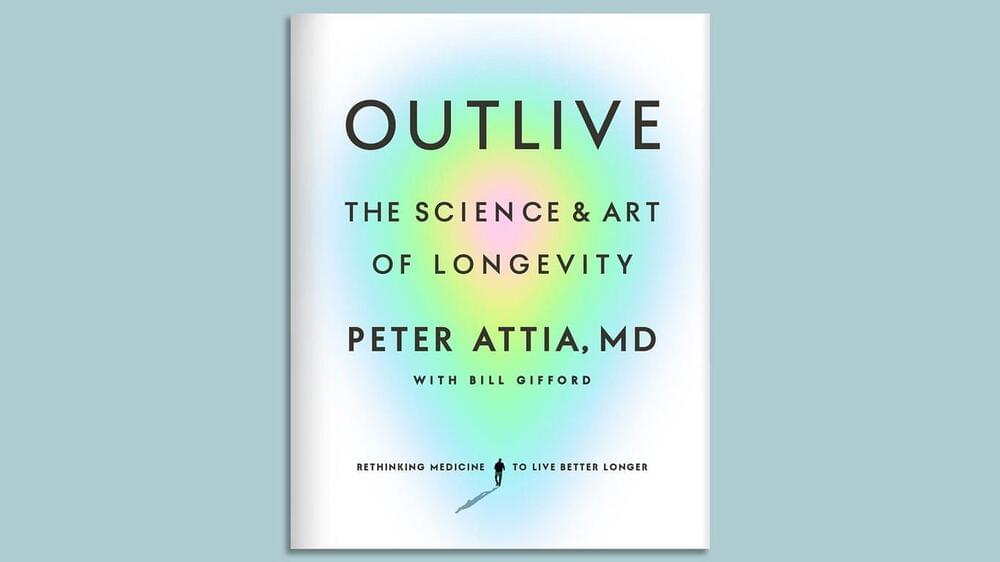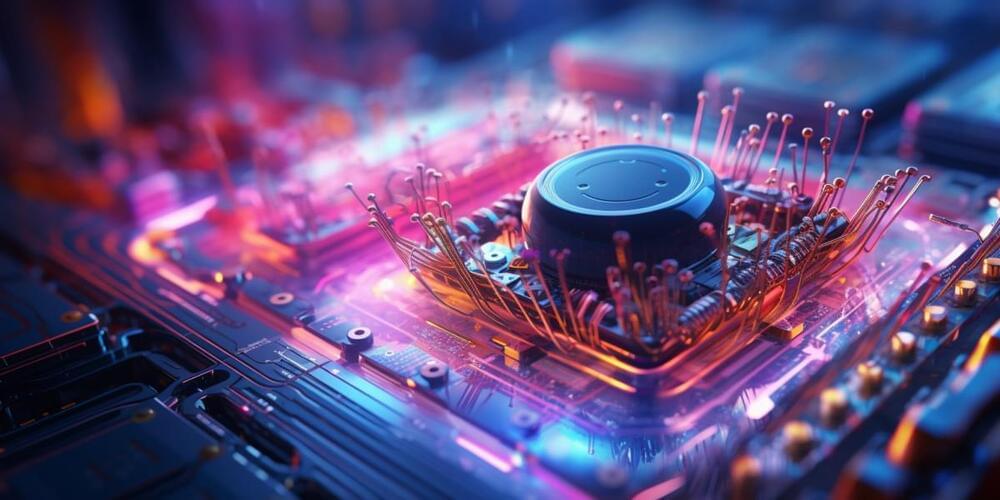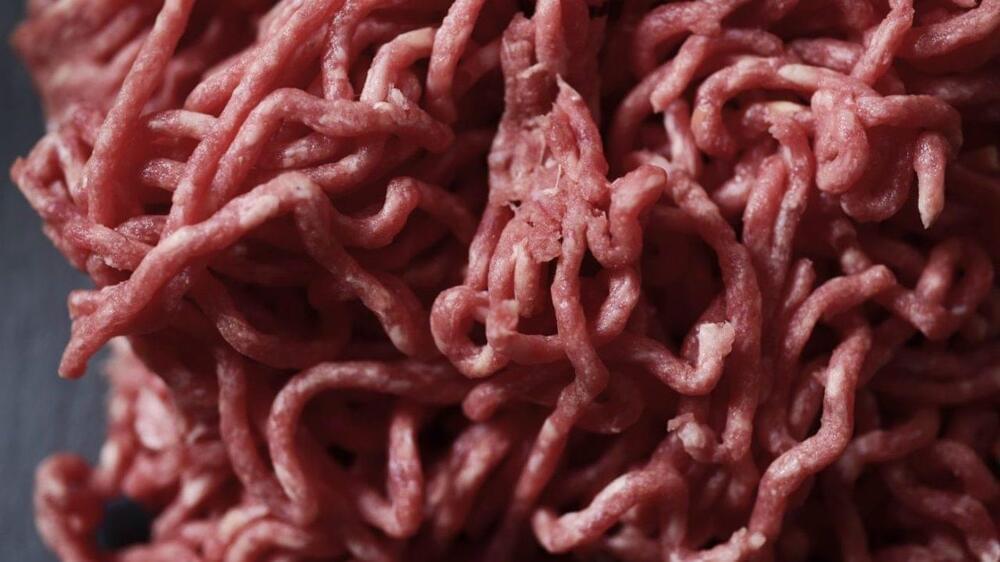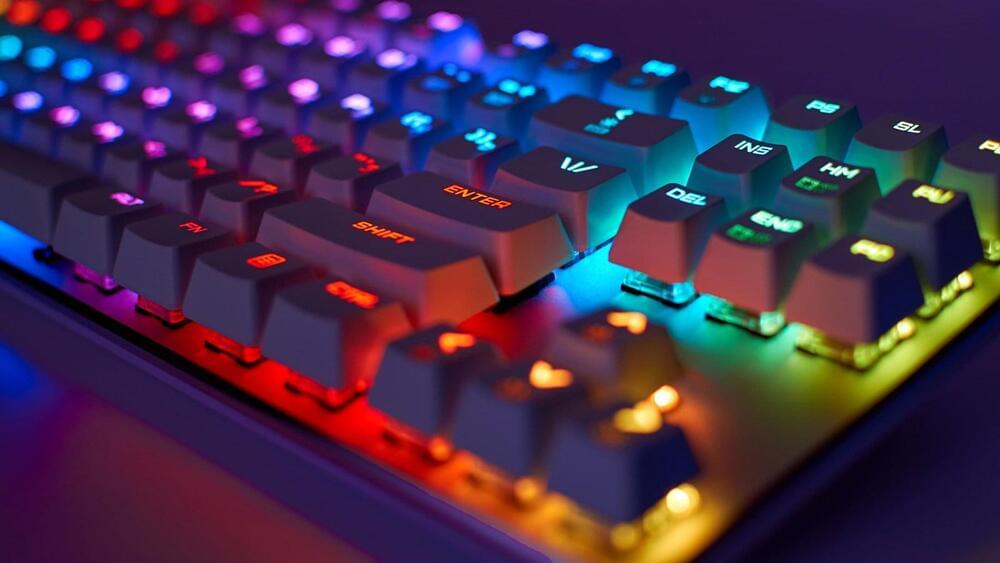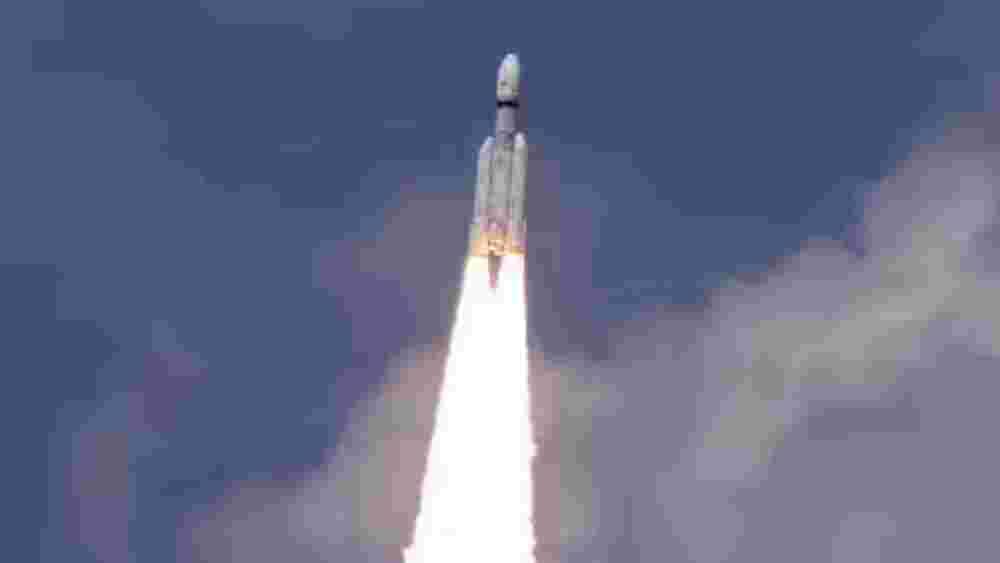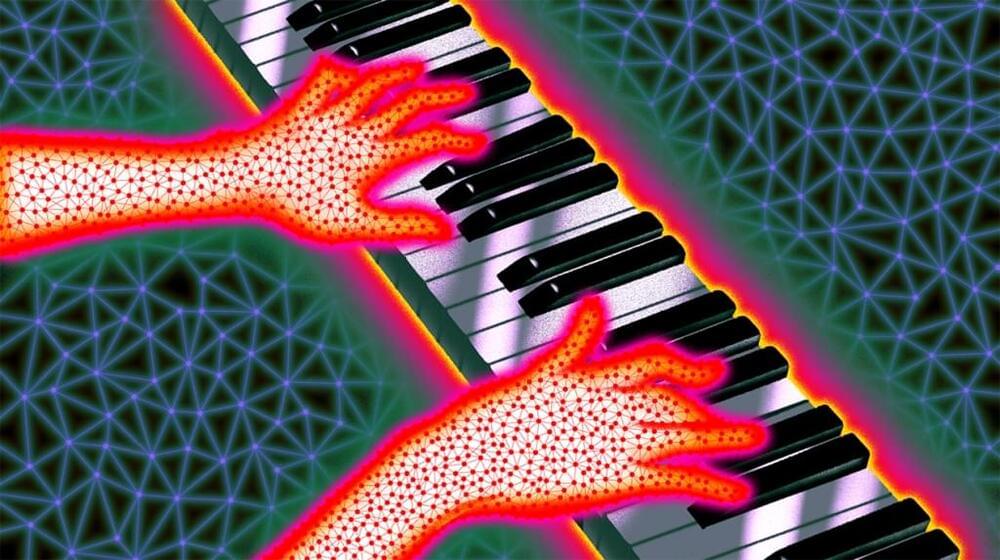Update: The story has been updated to include comments from Capella Space CEO Payam Banazadeh and Phase Four. Paragraph five and six have been updated with additional context on solar flair activity and premature satellite reentry, and paragraph eleven contains additional information on Phase Four technology.
Capella Space’s synthetic aperture radar satellites are falling back to Earth much sooner than the three years they were anticipated to operate, according to publicly available satellite data.
The startup has launched a total of ten small satellites to low Earth orbit since 2018, including eight in its family of “Whitney”-class spacecraft. Five of these satellites have reentered the atmosphere since the end of January of this year, including three of the Whitneys. Those Whitney sats were in orbit for less than two-and-a-half years; one, Capella-5, was in orbit for less than two years.
